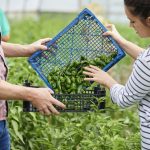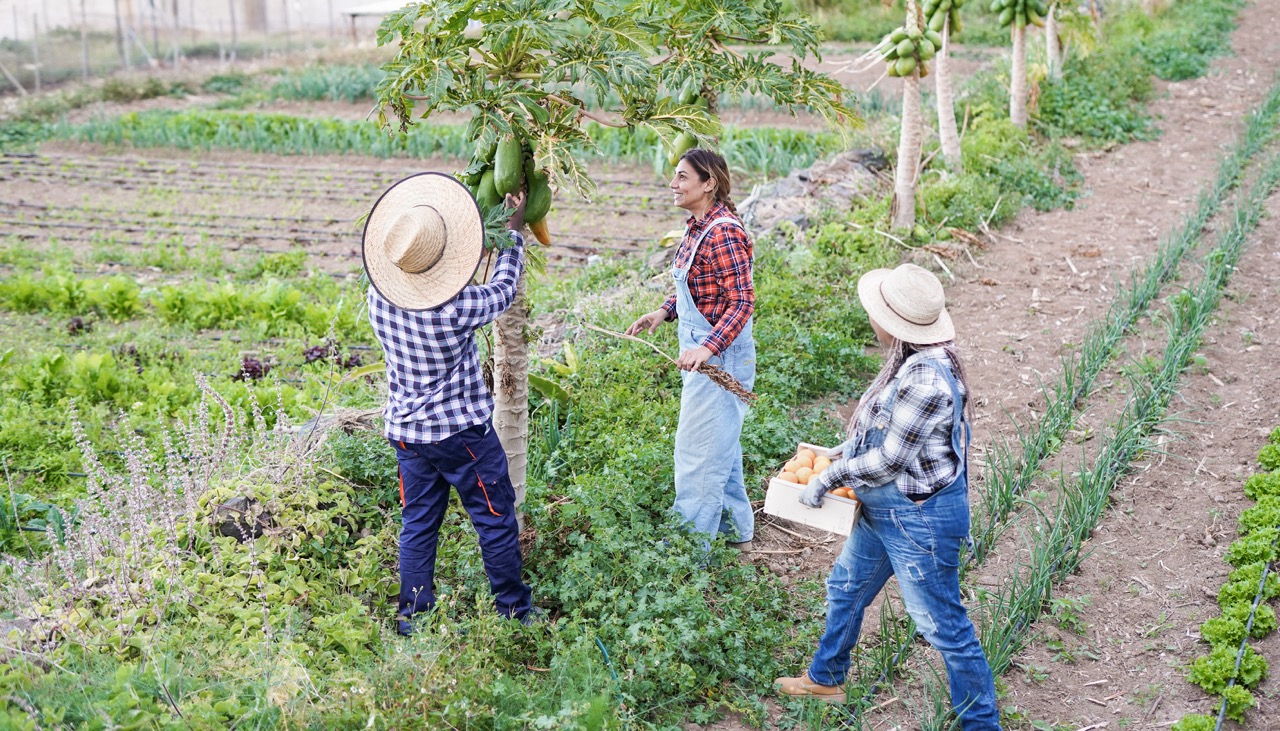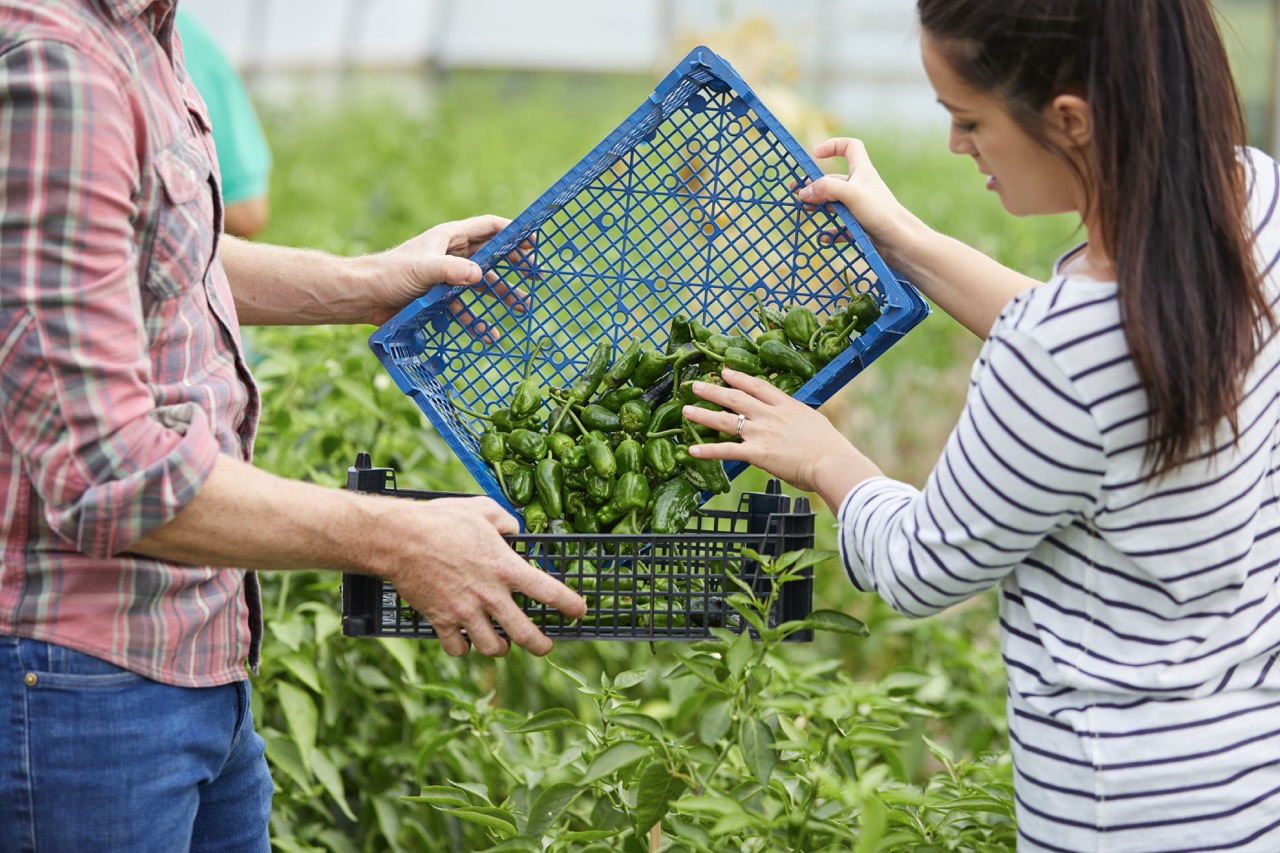In an era where industrial agriculture dominates the landscape, family farms remain a crucial pillar of our food systems, culture, and economy. These small to mid-sized farms, often operated by generations of the same family, play an essential role in sustaining local communities and preserving the environment. As we delve into the importance of family farms, it becomes clear that their contributions extend far beyond mere food production; they embody a lifestyle that fosters community engagement, ecological stewardship, and a rich agricultural heritage.
Understanding the Vital Role of Family Farms Today
Family farms are often characterized by their commitment to sustainable practices and family-centered values. These farms typically prioritize quality over quantity, producing a wide variety of crops and livestock that not only fulfill local consumer demands but also promote biodiversity. Unlike large agribusinesses, family farms are deeply rooted in their communities, fostering direct relationships with consumers through farmers’ markets, community-supported agriculture (CSA), and local food cooperatives. This personal touch not only enhances food quality and safety but also strengthens local economies.
The resilience of family farms is particularly evident during challenging times, such as economic downturns or natural disasters. When larger agribusinesses may prioritize profit margins, family farms often pivot to adapt to changing market conditions. This flexibility makes them vital during crises, as they can quickly respond to local food needs, supply chains, and environmental challenges. Their ability to innovate and diversify production helps stabilize local food systems, making them indispensable players in the agricultural landscape.
Moreover, family farms promote a sense of community and social interaction that is often lost in large-scale agricultural operations. They serve as gathering places for educational events, farm tours, and seasonal festivals, which not only enrich the community experience but also educate the public about sustainable practices and the origins of their food. This engagement fosters a deeper understanding and appreciation of agriculture, ensuring the next generation values the importance of local food systems.
Economic Contributions of Family Farms to Local Communities
Family farms are significant economic engines within their local economies, generating jobs and income that benefit communities. According to the U.S. Department of Agriculture, family farms contribute substantially to employment, providing a significant percentage of agricultural jobs. This employment is not just limited to farm labor; it extends to processing, distribution, and retailing, creating a ripple effect that supports various local businesses.
In addition to job creation, family farms often keep money circulating within the local economy. By selling products directly to consumers, local grocery stores, and restaurants, they stimulate economic activity and create a unique market presence. This local focus on production and sales contrasts sharply with large agribusinesses, where profits are often funneled elsewhere. Family farms invest their earnings back into their communities, whether through purchasing local goods and services or sponsoring local events and initiatives.
Furthermore, family farms contribute to the economic diversity of rural areas. By providing a range of products and services, these farms can attract tourism and promote agricultural-related activities, such as agritourism and farm-to-table dining experiences. This not only enhances local economies but also encourages a greater appreciation for the agricultural sector, ensuring its viability for future generations.
Environmental Benefits Offered by Family Farming Practices
Family farms are often at the forefront of sustainable agricultural practices, implementing methods that prioritize soil health, biodiversity, and conservation. Many of these farms utilize organic farming techniques, crop rotation, and integrated pest management, which contribute to healthier ecosystems. These practices help mitigate the impact of monoculture farming, which can deplete soil nutrients and lead to increased pesticide use in industrial agriculture.
In addition to promoting biodiversity, family farms often embrace regenerative practices that actively restore ecosystems. For instance, cover cropping, agroforestry, and conservation tillage not only enhance soil quality but also increase carbon sequestration—an essential factor in combating climate change. These methods can have a profound impact on reducing greenhouse gas emissions while promoting resilient agricultural systems that can withstand environmental stresses.
Finally, the localized nature of family farming reduces the carbon footprint associated with food transport. By producing food closer to where it is consumed, family farms minimize the need for long-distance transportation, which often contributes to pollution and energy consumption. This local focus not only supports communities but also aligns with the growing consumer interest in sustainability and environmentally responsible practices.
Preserving Agricultural Heritage Through Family Farm Legacies
Family farms are custodians of agricultural knowledge and traditions that have been passed down through generations. This rich heritage encompasses a wealth of information about local crops, animal husbandry, and sustainable practices that have stood the test of time. By maintaining these traditions, family farms contribute to the preservation of biodiversity, ensuring that heirloom varieties and indigenous livestock breeds are not lost to commercial agriculture’s standardization.
Moreover, the significance of family farms extends beyond the agricultural practices they uphold; they also represent a way of life that values community connection and stewardship of the land. Family farms often emphasize practices that promote ecological health, respect for natural resources, and ethical treatment of animals. These values resonate with an increasing number of consumers who seek to align their purchasing decisions with their ethical beliefs, further solidifying the importance of family farms in the modern agricultural landscape.
Lastly, as younger generations inherit and take over family farms, they often introduce innovative ideas and technologies that blend tradition with modern advancements. This fusion of old and new not only strengthens the resilience of family farms but also ensures their relevance in an evolving marketplace. By embracing both their heritage and future possibilities, family farms are poised to continue shaping the agricultural landscape for years to come.
In conclusion, family farms are indispensable to today’s agricultural landscape, providing economic, environmental, and cultural benefits that far exceed their size. Their resilience, commitment to sustainable practices, and deep-rooted connections to local communities highlight their unique and vital role. As we face pressing global challenges such as climate change, food security, and economic inequality, the importance of family farms cannot be overstated. Supporting and investing in family farms is not merely an agricultural imperative; it is a necessity for nurturing healthy communities and preserving our agricultural legacy for future generations.








